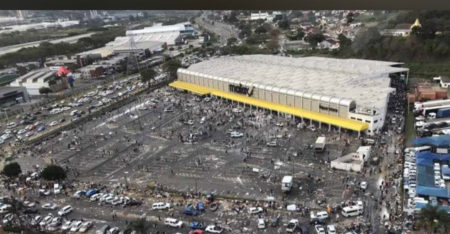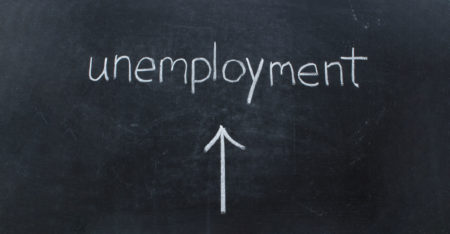
South Africans can expect a tough two years ahead as the economy feels the pinch of strikes, analysts said on Thursday.
“Unless we have sensible heads putting their hands up now, we’re going to see a [downward] spiral for the next few years,” said Chris Hart, senior economist at Investment Solutions.
He said “hot-heads” in “cannon-fodder unions” were running the show, which made wage negotiations more militant.
The violent strikes in the mining and freight sector were destabilising and would weaken the rand.
“There will be a big dive for the competitiveness of the industry and a withdrawal of investment. We are making less of what we produce,” Hart said.
Political uncertainty leading up the ANC’s elective conference in December would also play a role.
The economist said the labour market was unlikely to settle in the next two to three years, with job losses and closures predicted.
The country would face multiple credit downgrades and high inflation.
Economist Mike Schussler said there was hope in the long term, but for now, it was “doom and gloom”.
“Wildcat strikes bring a new level of uncertainty to SA labour relations. Added to that, in SA only four out of 10 adults work. Only two out of 10 work in the formal sector.”
He said the length of the strikes was eroding investor confidence, which did not bode well for job creation or output.
“The actual output in the economy is definitely going to be lower. How much lower, we don’t know right now.”
Schussler said there was a 20% chance of the country hitting a recession, up from between 5% to 10%.
“The chances of over 3% growth over the next two quarters are less than 10%. We’re in for a period of slow, stagnating growth.”
The growth rate could recover from the second half of next year.
“Hopefully, we will learn lessons from the wildcat strikes and start to have honest discussion in SA, like what do we need to do to stay competitive and to grow jobs?” — Sapa




